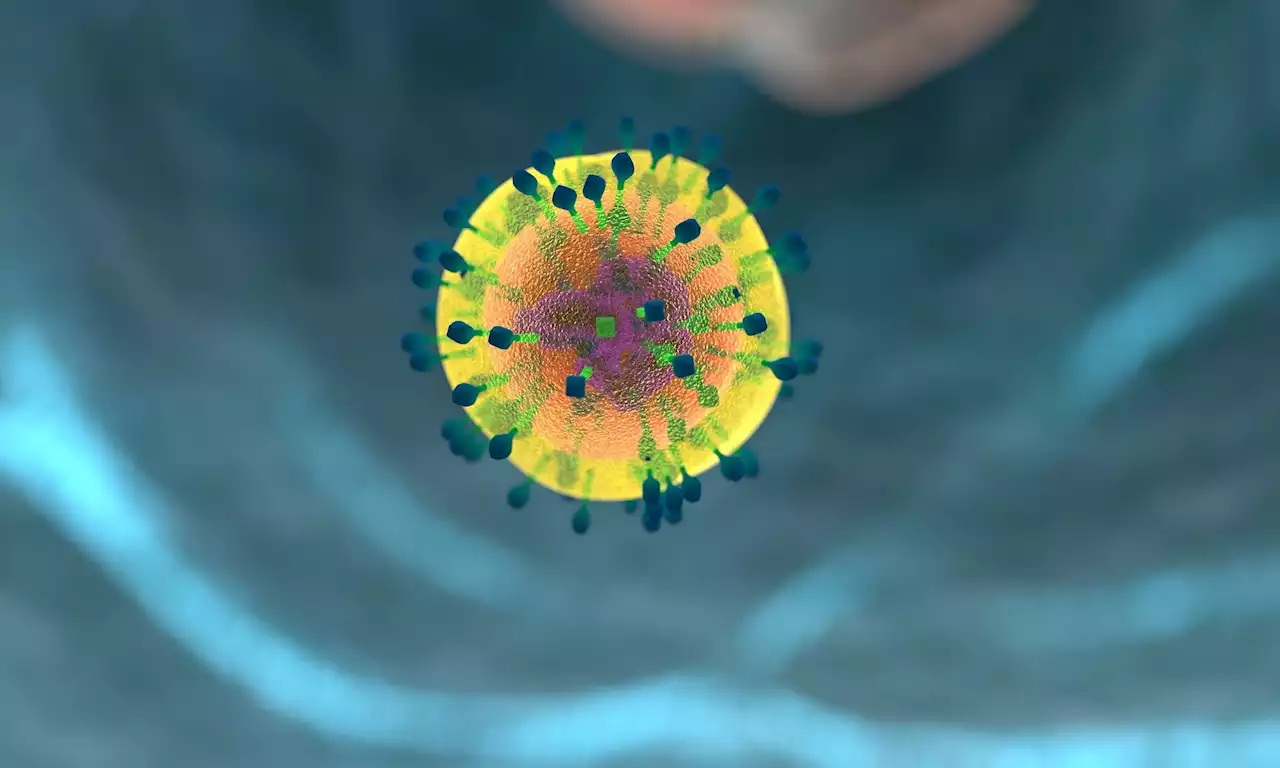Zachary Schug, Ph.D., assistant professor in the Molecular and Cellular Oncogenesis Program of the Ellen and Ronald Caplan Cancer Center at The Wistar Institute, has published a new paper in the journal Nature Cancer. Schug's paper, titled 'Acetate acts as a metabolic immunomodulator by bolstering T-cell effector function and potentiating antitumor immunity in breast cancer,' demonstrates a double-acting mechanism for fighting a particularly aggressive, difficult-to-treat form of breast cancer. Schug's research shows how silencing a certain gene, ACSS2, may improve existing treatments for patients.
, and a HER2 receptor. The absence of any of these receptors—receptors that when present in other forms of breast cancer, can be effectively targeted during treatment—makes treating TNBC quite difficult, and patients with TNBC have limited treatment options.
But Schug and co-authors have demonstrated the efficacy of a double-acting concept: Silencing the gene ACSS2 impairs TNBC metabolism while simultaneously boosting the immune system's ability to fight it. ACSS2 regulates acetate, a nutrient that cancer cells—and TNBC cells in particular—take advantage of to grow and spread.
This process of guiding the immune system to the cancer—called"immunosensitization"—has confounded other TNBC researchers. But Schug's approach showed that ACSS2 inhibition immunosensitized against TNBC so well that tumor growth was drastically reduced, even to the point of wiping out the cancer completely in some experiments.
Brasil Últimas Notícias, Brasil Manchetes
Similar News:Você também pode ler notícias semelhantes a esta que coletamos de outras fontes de notícias.
 'We need to normalise conversations about cancer and life after cancer'Mum-of-three Tracey is on a mission to help improve conversations about cancer after being treated for womb cancer
'We need to normalise conversations about cancer and life after cancer'Mum-of-three Tracey is on a mission to help improve conversations about cancer after being treated for womb cancer
Consulte Mais informação »
 Researchers uncover 'circular logic' of RNAs in Parkinson's diseaseResearchers are gaining new insights into neurological diseases by studying circular RNAs (circRNAs) in brain cells. A new study by investigators from the Brigham and Women's Hospital identified over 11,000 distinct RNA circles that characterized brain cells implicated in Parkinson's disease and Alzheimer's disease. Their results are published in Nature Communications.
Researchers uncover 'circular logic' of RNAs in Parkinson's diseaseResearchers are gaining new insights into neurological diseases by studying circular RNAs (circRNAs) in brain cells. A new study by investigators from the Brigham and Women's Hospital identified over 11,000 distinct RNA circles that characterized brain cells implicated in Parkinson's disease and Alzheimer's disease. Their results are published in Nature Communications.
Consulte Mais informação »
 Researchers create 'lipidomic map,' offering insights into immunologyAn international team of scientists has developed a method for simultaneously detecting thousands of lipid molecules that are displayed to T cells in the human immune system.
Researchers create 'lipidomic map,' offering insights into immunologyAn international team of scientists has developed a method for simultaneously detecting thousands of lipid molecules that are displayed to T cells in the human immune system.
Consulte Mais informação »
 Researchers conduct comprehensive psychological evaluation of university studentsThe prevalence rates of stress, depression, anxiety, insomnia, mania, suicidal ideation, loneliness, and psychotic experiences among university-going students in the UK.
Researchers conduct comprehensive psychological evaluation of university studentsThe prevalence rates of stress, depression, anxiety, insomnia, mania, suicidal ideation, loneliness, and psychotic experiences among university-going students in the UK.
Consulte Mais informação »
 Researchers identify a rare cause of male infertility and discover a potential cureResearchers investigated the genetic underpinning of asthenozoospermia, the leading cause of male fertility.
Researchers identify a rare cause of male infertility and discover a potential cureResearchers investigated the genetic underpinning of asthenozoospermia, the leading cause of male fertility.
Consulte Mais informação »
